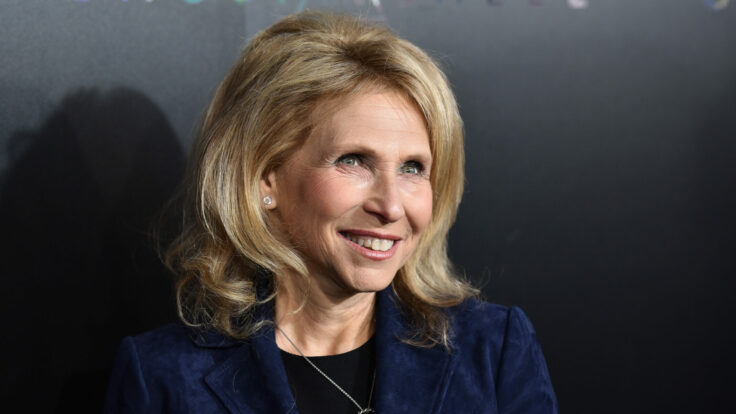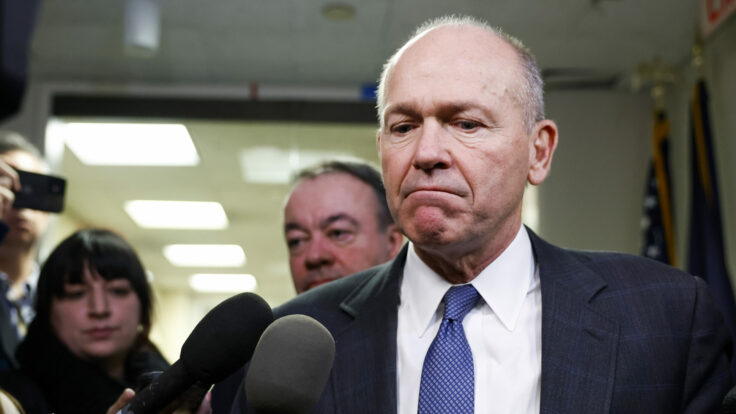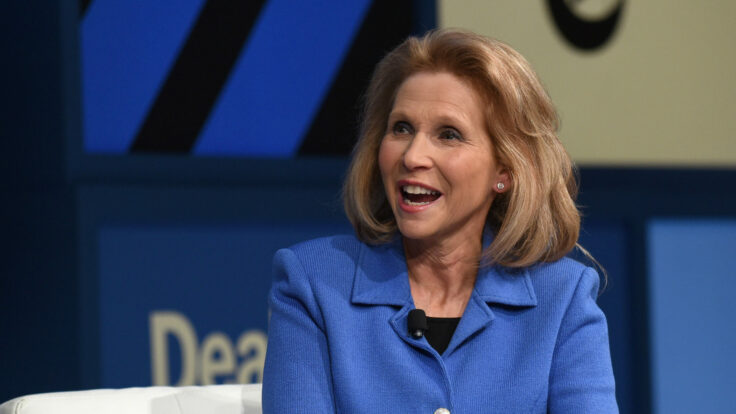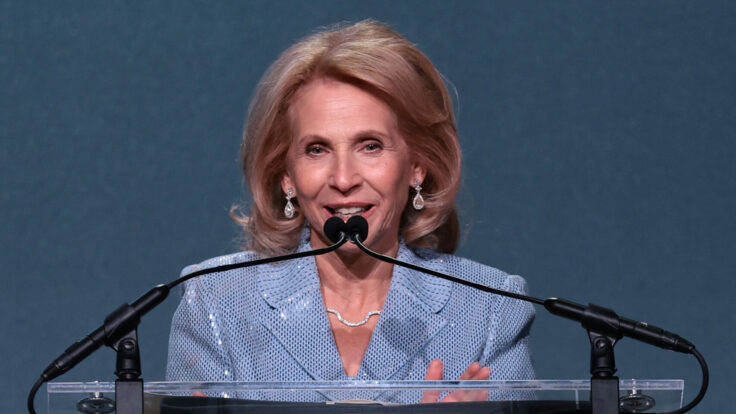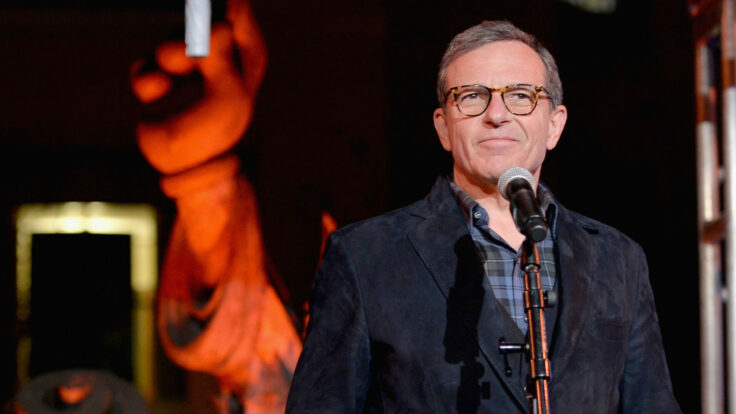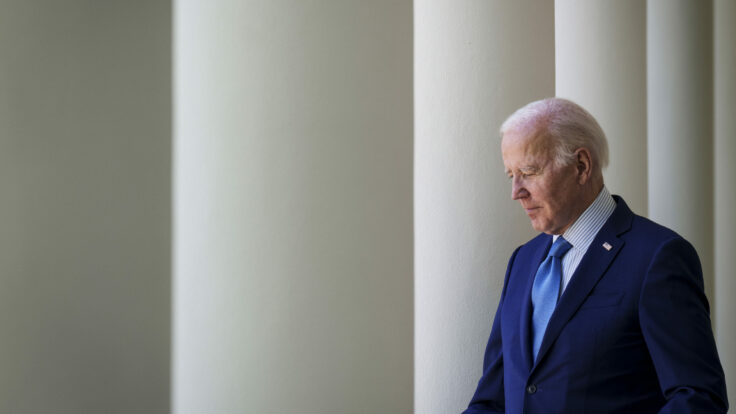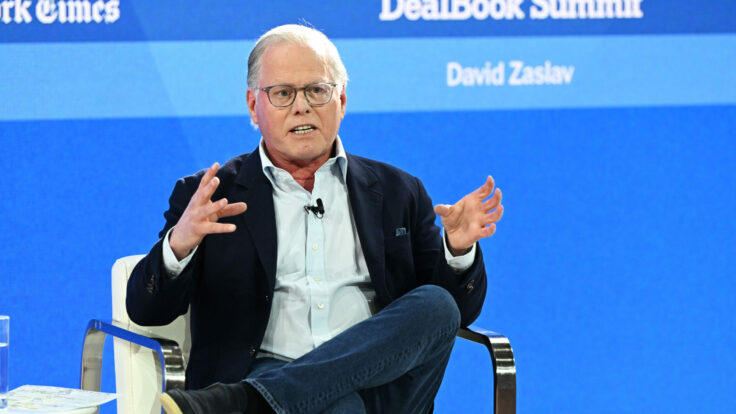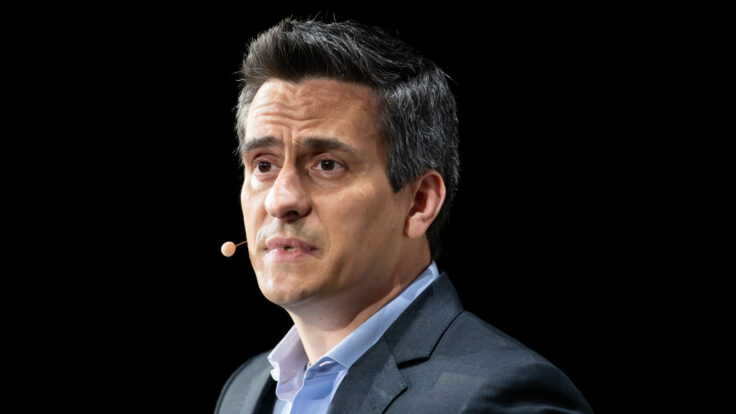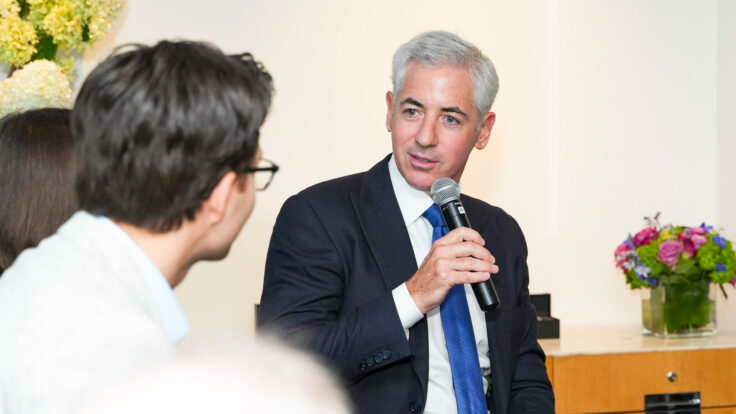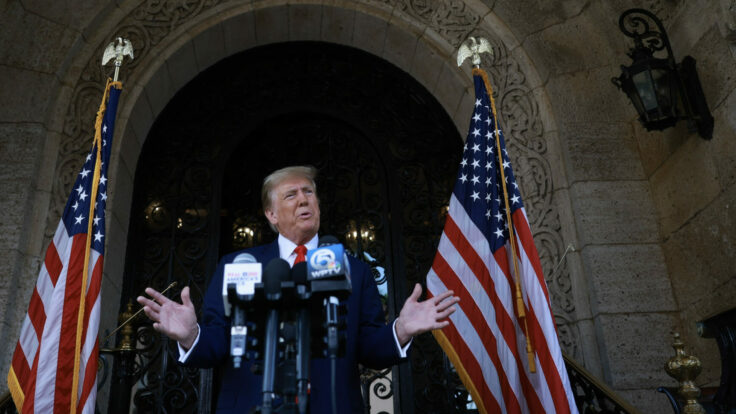It took Elon Musk six months to get back to exactly where he started: He will now be buying Twitter for the same $44 billion, or $54.20 a share, that he agreed to—legally, morally, and contractually—on April 25. What a long, strange trip it’s been! However Elon came to his senses—did Ari intervene? Or Egon? Or did Alex Spiro, his attorney at Quinn Emanuel, finally get through?—it’s incontrovertible that he was going to lose in the Delaware Court of Chancery, when and if the trial began on October 17. He was wise, in the end, to make this go away before other embarrassing revelations could emerge during his upcoming deposition or at the trial. As Kara Swisher told me late yesterday about Elon, “He may be arrogant, but he’s not dumb.”
That’s right, in my opinion. I do wonder, though, why Elon stuck to his offer of $54.20 when he almost certainly could have bought the company for less, maybe a meaningful amount less, given the overall decline in the financial markets since April 25, and especially given the declines in closely related technology stocks. (Snap’s stock, which had traded pretty much in tandem with Twitter over the past year or so, is down by two-thirds since April 25, when Twitter’s stock price was effectively frozen in a relatively narrow band.) Elon could have easily reduced his price to something in the mid-$40s per share, say, and the Twitter board would probably have had little choice but to accept his lower offer. Even at a valuation of $35 billion, as opposed to $44 billion, the Twitter board would have been hard-pressed to claim a value of 35 times EBITDA for Twitter was not “fair” to Twitter shareholders.




